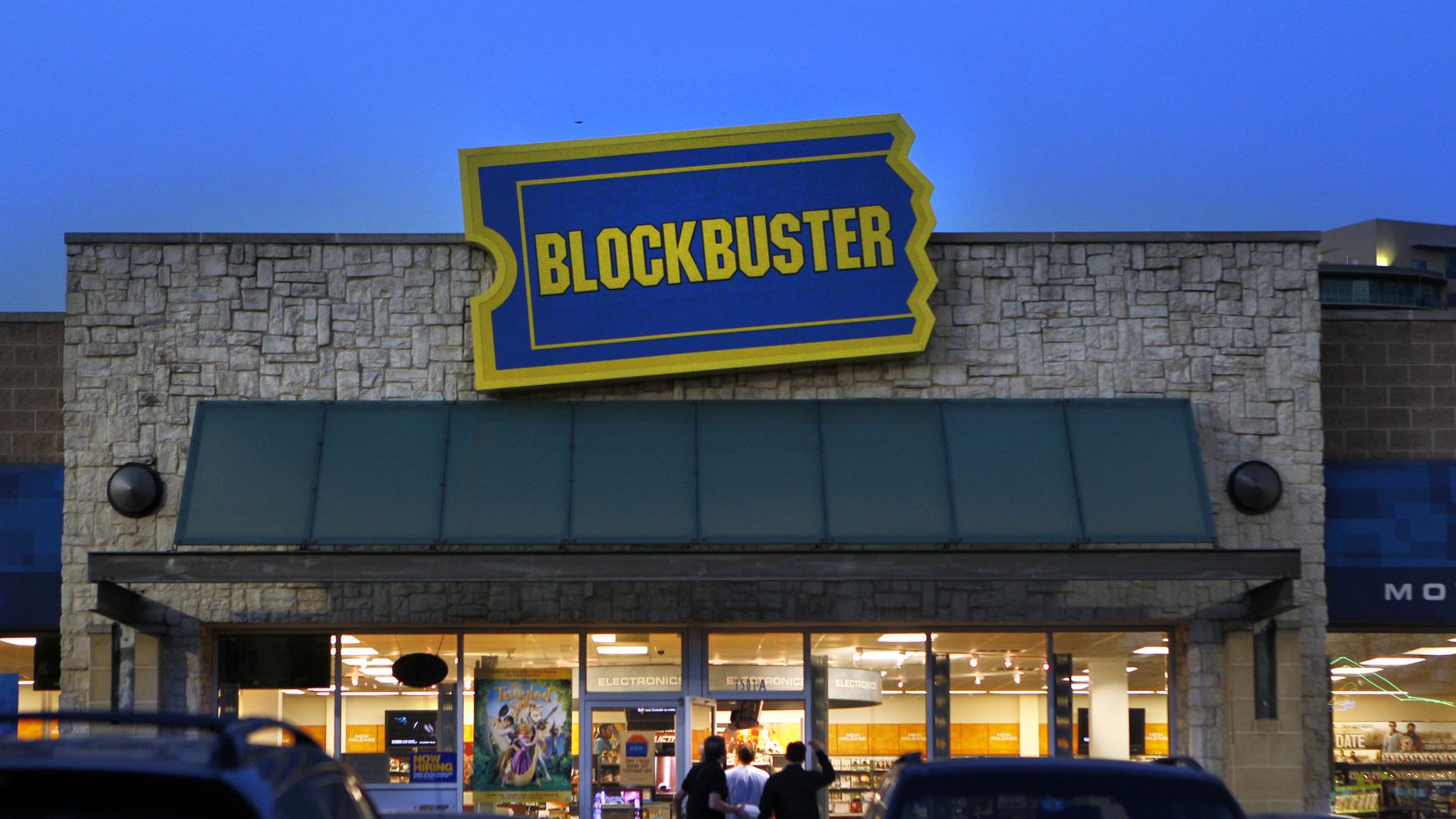Since the advent of e-commerce, the influence of online shopping has gradually increased. This has further decreased the market share of traditional retailers.
See Also: Different Tip-Out Methods Restaurants Can Use
According to the most recent numbers from the US Census Bureau, online sales accounted for just 9.9% of total commerce in the fourth quarter of 2018. While this may seem like a slowdown, the reality is that the E-Commerce industry has been growing at a consistent rate since the first quarter of 2009 (4.0% annually).
Many factors have contributed to eCommerce’s unstoppable expansion:
- Greater product accessibility.
- Choices aplenty.
- Even in outlying regions, there are delivery choices.
- Improved turnaround times of 1 day, 2 days, and even the same day in major metropolitan areas.
- Deals that can’t be found at any regular retailer.
- Better product information and the ability to easily compare similar products are two major benefits.
- As well as the apparent convenience.
Some well-known companies have already felt the effects of online shopping negative effect on traditional retailers.
-
Blockbuster
We all know Netflix is the leader in online video streaming. But not long before that, in 2004, Netflix was competing with Blockbuster, a DVD outlet mega-chain with 9000 outlets in the United States, by mailing out DVDs to customers. What happened next is ancient history; Blockbuster stores around the country gradually closed because they couldn’t compete with Netflix’s home-delivery service. -
Books from Barnes & Noble
This bookstore was one of the first to fall victim to the rise of internet shopping; online book sales have hurt their business, as have Kindle books, which now account for more than 15% of the overall book market. The share price of Barnes & Noble has dropped by over 80% to $5.95 as of June 2018. Quartz claims that for every Barnes & Noble that goes out of business, Amazon will open a new, more advanced bookstore. -
Macy’s
This clothing behemoth has been on the decline for some time, but online retailers like Amazon have accelerated its demise. Wall Street is panicking because Amazon just released a service called Amazon Wardrobe, which allows customers to try on clothes before they buy them. As a cost-cutting measure, Macy’s may eliminate as many as 9 shops in 2019, while online fashion retailers like Amazon and eBay continue to grow by developing innovative ways to attract new customers. -
Costco
After merging with Price Club 24 years ago, Costco became one of the largest retailers in the United States, with over 80 million members. Looks like a lot, right? Even though Amazon Prime didn’t become available to the public until 2005, the company currently counts 90 million paying subscribers. As e-commerce sites expand their offerings to include food and fresh produce through partnerships and acquisitions, traditional supermarkets and produce markets stand to lose ground against their online rivals. The Effect of eCommerce on Businesses
It seems that certain types of retail establishments have been hit harder than others. Books, in particular, have become popular on the Internet. While most people still prefer to shop in a physical store for trying on and purchasing clothing. And, nearly no one would want to equip a full home without checking out the pieces of furniture first.
Traditional Shops Developing an Online Presence
The rise of innovative e-commerce platforms has resulted in a growing trend of brick-and-mortar stores establishing an online presence. In an effort to compete with online merchants, many traditional stores now provide local delivery services. Businesses are also trying to improve the buying experience so that customers will do their purchasing in physical stores.



















